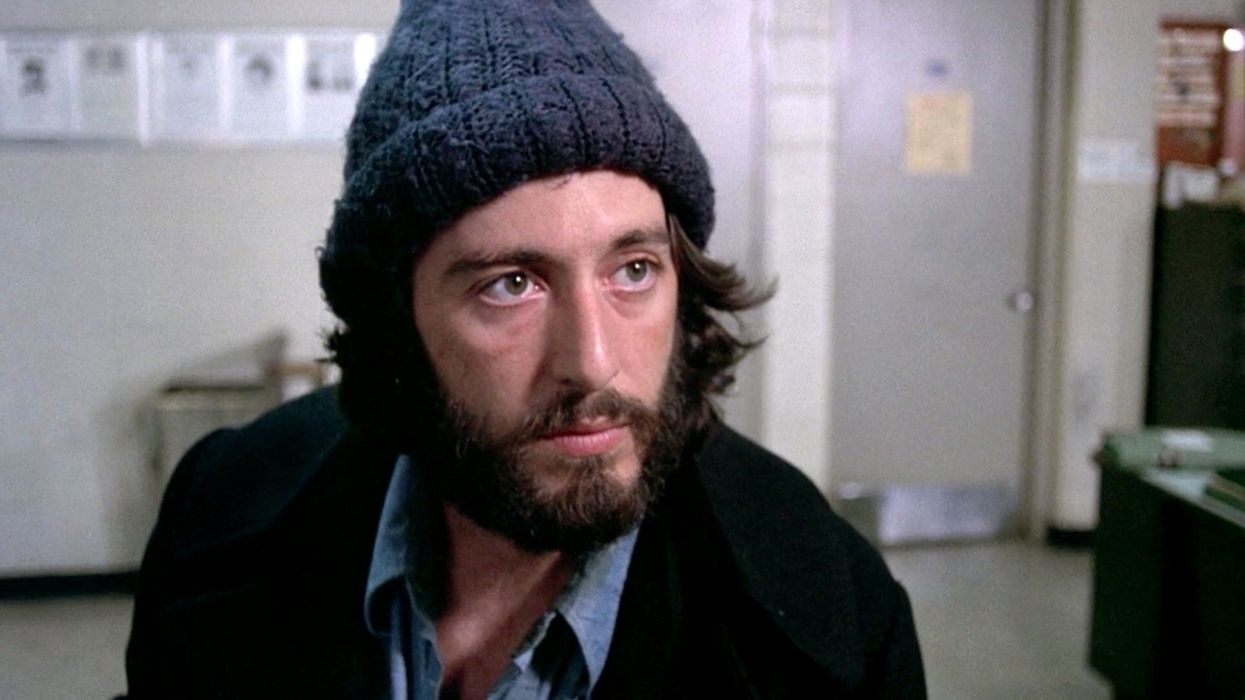5 Tips for Directors from Sidney Lumet
The great New York filmmaker was also a great teacher of his craft.

Who comes to mind when you try to think of the best New York-bred filmmaker? Martin Scorsese? Spike Lee? But what about the great Sidney Lumet, an iconic New York City director who often used the city streets as his personal film set?
With at least 36 films to his name, it’s easy to say Lumet should be recognized as the filmmaking "King of New York." His career, filled with moviemaking and television productions, spanned 55 years. His first feature, 12 Angry Men, garnered three Oscar nominations and won the prestigious Golden Bear award at the Berlin Film Festival, and one of my favorite films of his, SERPICO starring Al Pacino, was nominated for two Oscars.
When I was an intern at No Film School, it dawned on me that there were no articles specifically dedicated to Lumet. He would pop up in a video essay here and there, but no single piece focused on him as an auteur and the knowledge he could share with filmmakers. To rectify this, I've compiled a few pieces of advice by the man himself, most taken from his wonderful book, Making Movies.
1. Start from the inside out
Determine what your movie is about. Find its theme. According to Lumet, this will affect how a film is cast, edited, shot, and scored. Early in the book, he notes, “There’s a reason some directors can make first-rate movies and others never will. But all we can do is prepare the groundwork that allows for the “lucky accidents” that make a first-rate movie happen.” The best place to start in trying to make a success would be to understand what your movie is about and dive in deep into the other elements.
2. Direct your movie
If an opportunity to direct a feature film comes your way, Lumet encourages you to take it. I personally think that we sometimes put off directing our first feature film because of fears or uncertainty. We spend time learning as much as we can without ever really taking the first leap. Personally, my first feature film will be produced as soon as I fall in love with an idea and I write the script, which is the current phase I’m in. Those positive emotions are the ones we have to latch onto and move forward.
3. Preparation does not kill creativity
Rehearsal is a key component to any production, with Lumet remarking that he would rehearse for 2 weeks, feeling that the more rehearsed you were, the freer you would be to improvise on set. The quicker you can adapt to a new idea or problem, the better. The need to improvise is something that will usually happen on a film set anyway!
4. Key questions for the script
Without an idea, there’s no script, and without a script, there’s no film. Earlier I mentioned that you should determine what your movie will be about. Sidney Lumet says you must then go scene-by-scene and ask questions such as, “Does the scene contribute to the overall picture? If so, how does it do that? Does it contribute to the storyline?” If the movie is a drama, is the tension increasing? If it’s a comedy, is the movie getting funnier?"
5. Understand how your actors work
Your actors will turn to you for guidance. That’s why it's important for you both to understand each other at all times. While actors possess different techniques and methods used to enhance their craft, as a director, you will need to hone in on them. Lumet asks, “What stimulates them, what triggers their emotions? What annoys them? How’s their concentration? Do they have a technique? What method of acting do they use?”
I could go on for 100s of pieces-of-advice and still miss gems found in Lumet's book. This piece of literature actually starts with a preface of Lumet asking Akira Kurosawa about his framing decisions, and I wrote a cool article about Akira Kurosawa that you should check out if you’re a writer/director!
What's your favorite Sidney Lumet film? Have you read his book, Making Movies? Let us know in the comments below.














